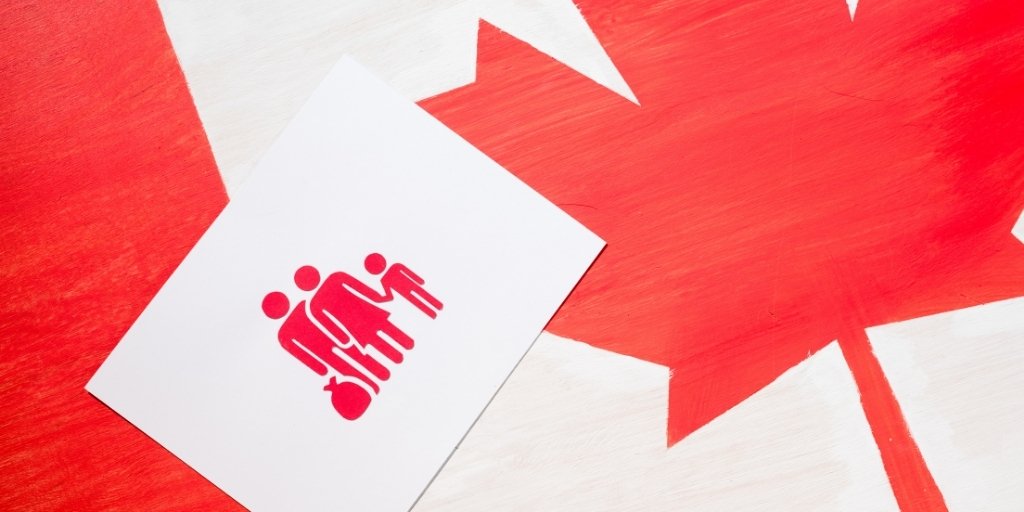In 2013, we lost Marjan, an Iranian trans woman and a refugee in Türkiye, just days before she was scheduled to leave for Canada. Diagnosed with HIV-AIDS while waiting for her application to be processed, her health deteriorated rapidly. Despite our efforts to expedite her case with Immigration, Refugees and Citizenship Canada (IRCC), it was too late. Marjan passed away in Kayseri, Türkiye, and was buried far from the life she had hoped to begin. Her death was a tragic reminder that for refugees, time is not a luxury.
It is in her memory that the Marjan Foundation was born, with a simple goal: to ensure no refugee is forced to wait so long that they do not survive. Refugees, like those we support at the Marjan Foundation and the International Railroad for Queer Refugees (IRQR), are not just applications or numbers—they are people facing life-threatening circumstances. Delays in resettlement are not just bureaucratic inconveniences; they can mean the difference between life and death.
The Human Cost of Delays
Marjan’s story is not an isolated case. Today, IRQR and the Marjan Foundation continue to support hundreds of refugees—LGBTQ+ and non-LGBTQ+ alike—caught in a frustrating web of bureaucratic delays. Recently, two refugees we sponsored were at risk of deportation from Türkiye back to Iran. Despite our pleas to IRCC to expedite their cases, they were deported, and we have since lost contact with them. We can only hope they are safe, but the reality is they face life-threatening danger.
For refugees fleeing countries like Iran, Afghanistan, and Syria, waiting is not just an inconvenience—it’s a matter of survival. Many live in precarious situations, unable to work legally, and under constant threat of deportation. Their mental health suffers from uncertainty, and their financial stability erodes as they wait for a response from the Canadian government.
The Financial Strain on Small Organizations
The delays don’t just affect refugees—they strain organizations like ours. As part of the private sponsorship program, we must hold money in trust to cover the first 12 months of living expenses for the refugees we sponsor. We typically estimate costs based on a processing time of one to two years, but when delays stretch far beyond that, it becomes harder to meet the growing financial demands.
Monthly administrative expenses—banking fees, background checks, bookkeeping—rise, while inflation drives up living costs. Without government funding, we rely on individual donations. Raising money for administrative costs is a constant challenge, and the longer the delays, the more we are financially strained, limiting our ability to sponsor more refugees.
The Role of Private Sponsorship and Recommendations for Change
Through private sponsorship, organizations like the Marjan Foundation and IRQR help Canada fulfill its international responsibilities. By raising the necessary funds, we relieve the government of the financial burden for the first year of resettlement. This allows Canada to meet its human rights commitments without needing taxpayer dollars. Yet, despite the critical role we play, organizations like ours are not treated as partners in the resettlement process.
We often see larger organizations with substantial government funding and resources receiving more opportunities to work with the government. Meanwhile, grassroots organizations like ours, with limited budgets and volunteer staff, are left behind. It feels unfair that the size of our organization diminishes our standing, despite the impact we have on the ground. The work we do is no less important and, in many cases, more urgent.
It is crucial that IRCC treats all organizations—regardless of size—fairly and equitably. Smaller organizations like the Marjan Foundation deserve the same level of consideration as larger, well-funded organizations. Improved communication and processing times are essential, not just for the organizations but for the refugees whose lives hang in the balance.
Urgency and the Need for Action
Time is not a luxury refugees can afford. The delays in resettlement have real and devastating consequences, as Marjan’s story illustrates. Every day that passes for a refugee trapped in limbo is a day they live in fear, instability, and, in some cases, life-threatening danger.
Organizations like the Marjan Foundation and IRQR provide hope and a pathway to safety. But we cannot do it alone. We need the Canadian government, and specifically IRCC, to recognize the critical role private sponsors play and take meaningful steps to address the backlogs, improve communication, and prioritize urgent cases.
Canada has long been a leader in human rights and refugee protection. By making these changes, Canada can uphold its values, ensuring that refugees, whether LGBTQ+ or otherwise, are not left waiting in uncertainty. The work we do is life-saving, and it needs to be treated as such.




